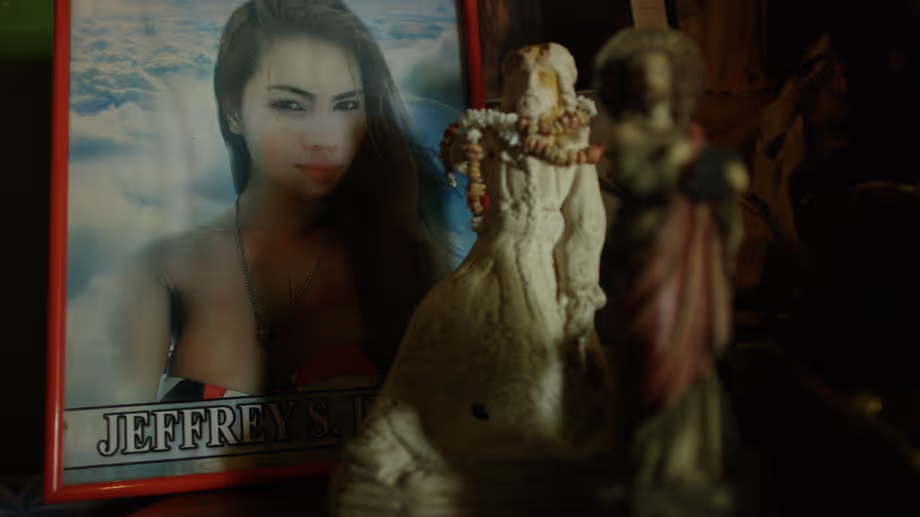Call Her Ganda: Discussion Guide
Letter from the Filmmaker

In December of 2014, I was fortunate enough to be invited by film auteur and scholar Nick Deocampo to travel to Manila to screen my previous two documentary features (Trinidad and BeforeYou Know It) for the QC Pink LGBTQ+ Film Festival. Having only visited my parents’ homeland as a child, I was excited to return to the Philippines and to forge my own connections to the country and its local queer communities. When I arrived, I discovered a country struck with grief, outraged over the death of Jennifer Laude, a trans woman from Olongapo who was found murdered in a motel room. A U.S. marine was the leading suspect, but police authorities were unable to detain him, as he was protected by a Visiting Forces Agreement that gives the U.S. enormous latitude with cases concerning military personnel. While serving on a panel about LGBTQ rights at the festival, I met Attorney Virginia Suarez who was representing the Laude family. She told us about the case and shared a clip of Jennifer’s mother, “Nanay” (tagalog for “mother”), who spoke with raw passion, demanding justice for the death of her child. During the panel, someone suggested that a documentary about Jennifer needed to be made, and all eyes turned to me.
For years I’ve made work recognized in LGBTQ film circles, and somewhere along the way people started overlooking my Filipino heritage. Being both queer and Filipino-American shapes who I am and how I experience the world, and it’s important to me to honor my intersectionality by presenting stories from both communities. I’ve always wanted to make a film set in the Philippines, and having the opportunity to tell the story of Jennifer Laude and those who worked tirelessly to seek justice for her death not only spoke to me as a queer person of color, but also as a Filipino-American. This film integrates all aspects of my identity and I’m extremely thankful for being given this opportunity to tell an important story for so many people, including myself.
Inspired by my first encounters with Nanay and attorney Virgie Suarez, I initially intended just to follow them for my documentary. I was riveted by Nanay when she spoke of her daughter and about seeking justice for her death, and Virgie impressed me with her sharp legal skills, which matched her passion for cultural and policy change. However, after becoming aware of investigative reporter Meredith Talusan, it became clear to me that following Meredith would parallel my own investigative journey. Meredith would not only be able to ask the larger questions, but she’d be able to view the unfolding events from a unique perspective--having been born in the Philippines yet currently living in the U.S., and also being transgender. Meredith would be the perfect narrator to contextualize the cultural differences between the Philippines and the U.S. and to pinpoint the relevance and historical importance of the unfolding events.
Call Her Ganda is a protest against the extreme violence and discrimination that trans women face around the globe. It is a tribute to the 3.4 million Filipinos living in the U.S. and diaspora. And, it is a lesson for a global audience largely ignorant of the legacy of U.S. imperialism in my country of origin. As a Filipino American growing up in the U.S., where my history and identity have remained largely invisible, I am well aware of the devastating lack of knowledge about my homeland and its colonization. Relegated to the footnotes and margins of the history books, the Philippines has been unduly overlooked and vastly misunderstood. In making this film, I seek to educate the wider public, while also furthering my own knowledge of my cultural heritage.
— PJ Raval, Director, Call Her Ganda
